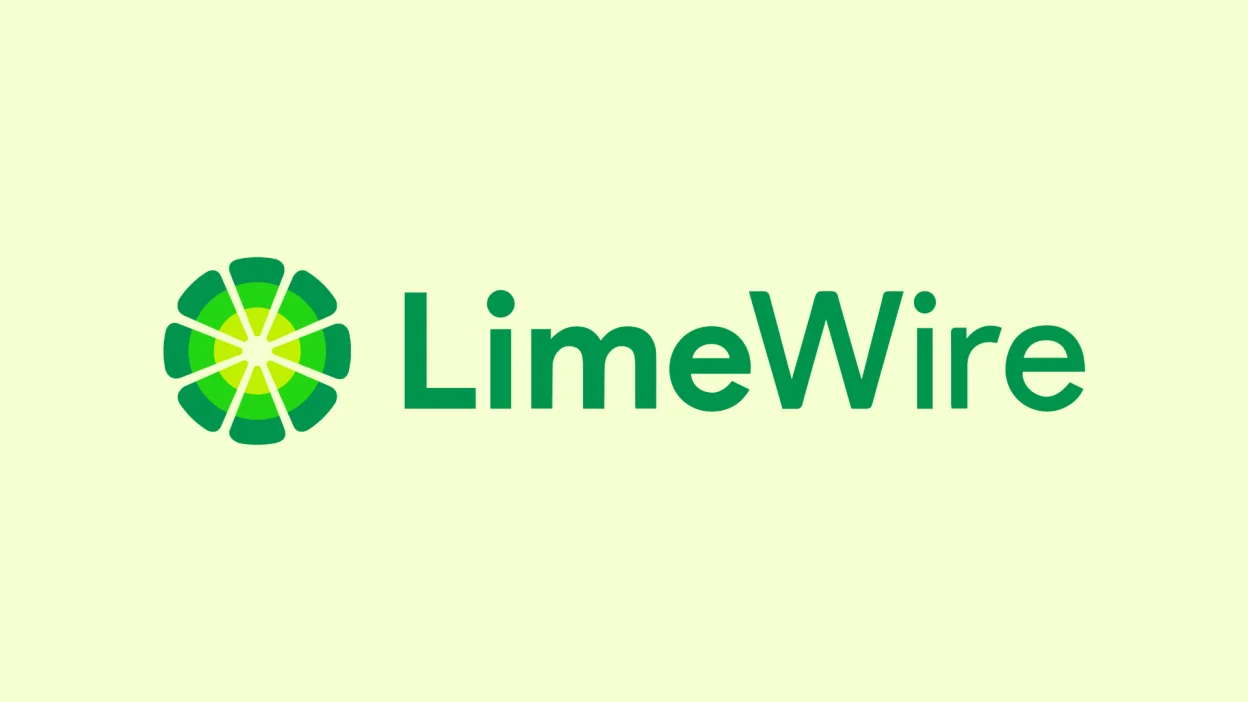LimeWire is back as an NFT Marketplace
 Image: LimeWire
Image: LimeWire
LimeWire is back as an NFT Marketplace
Words: Ellen Kenny
After announcing its comeback in March, the notorious streaming platform LimeWire is back with a vengeance.
In a plot twist no one saw coming, LimeWire is now an NFT marketplace for art, entertainment and music.
The company have actually collaborated with artists such as Soulja Boy and Travis Barker to create unique NFTs for users. So far, Soulja Boy has sold 2,442 NFTs out of 10,000 unique copies.
A flash from the past
For the uninitiated, LimeWire launched in May 2000 by former Wall Street trader Mark Gorton. The file-sharing service allowed users to download and upload videos and songs for free, often illegally. In 2006, LimeWire had four million active users per day.
LimeWire shut down in 2010 following legal battles with the Record Industry Association of America over copyright infringement.
Rebranding
Brothers Paul and Julian Zehetmayr bought LimeWire’s trademark this year, and the free music sharing platform will now platform NFTs. You know what they say- you either die a hero or live long enough to become the villain.
For anyone who was too young to have seen LimeWire in its prime, this change is basically as if Spotify decided to become a e-book platform. Or if Netflix decided to become a food delivery service. Just a little bit weird.
Paying homage
The new LimeWire plans to pay homage to the old one through music-themed NFTs. The marketplace is offering a range of original songs, visual artworks, backstage passes, and other in-person opportunities.
For example, Travis Barker’s NFTs comes with an actual, dare I say fungible, drum kit. Also, LimeWire’s “Originals” will provide access to invite-only events, token rewards, and early access to NFT drops.

LimeWire founder “not thrilled”
If you think you’re shocked, talk to founder Mark Gourton, Allegedly, he did not even hear about the rebrand until it hit the news. He is “not thrilled” with this new update: “Using the LimeWire name in this way creates confusion and falsely uses that brand that we created for purposes for which it was never intended.”
Let’s just hope that LimeWire’s NFTs don’t carry the same viruses that its songs and films did.
Elsewhere on District: Dublin City Council now proposes outdoor pool at George’s Dock
